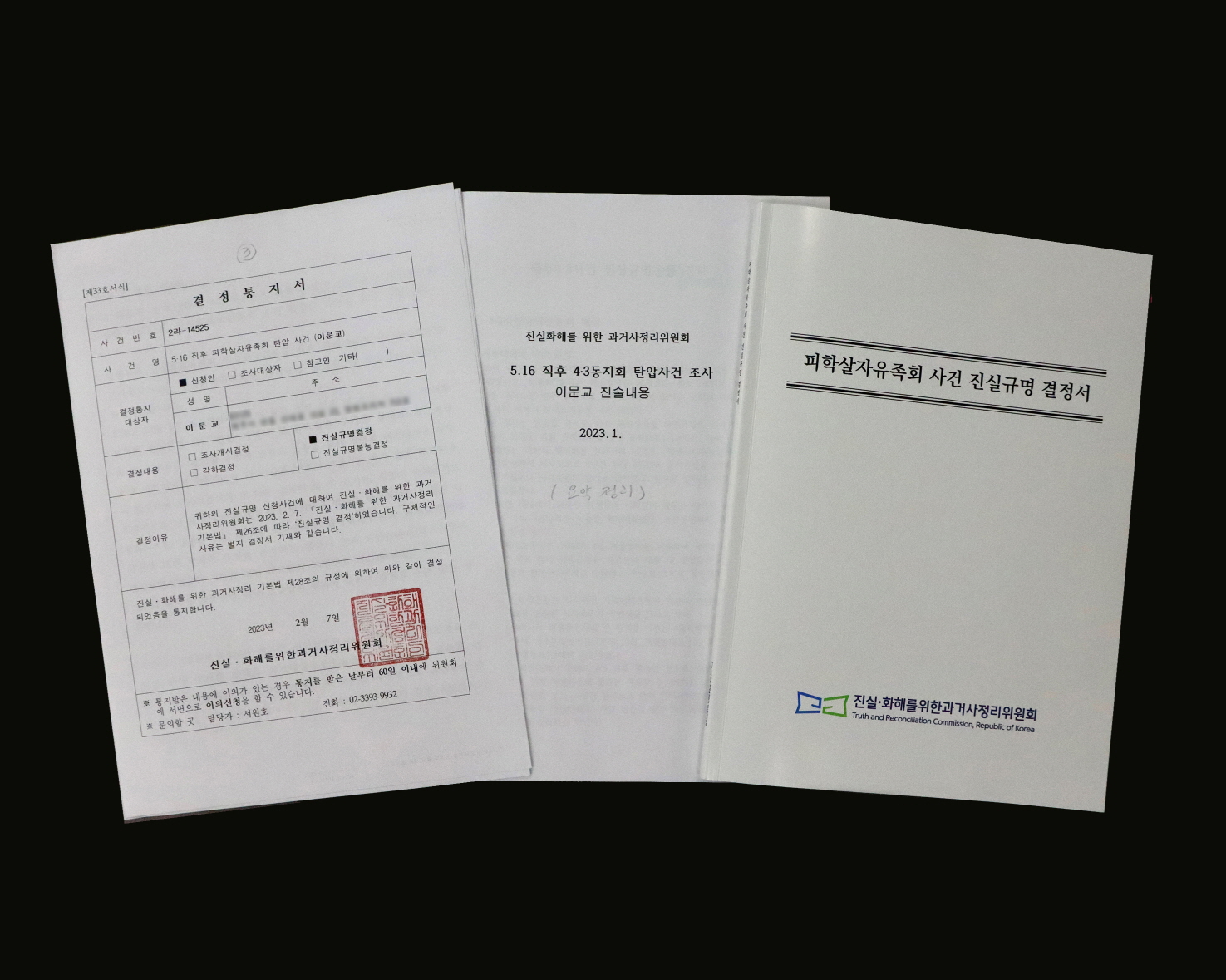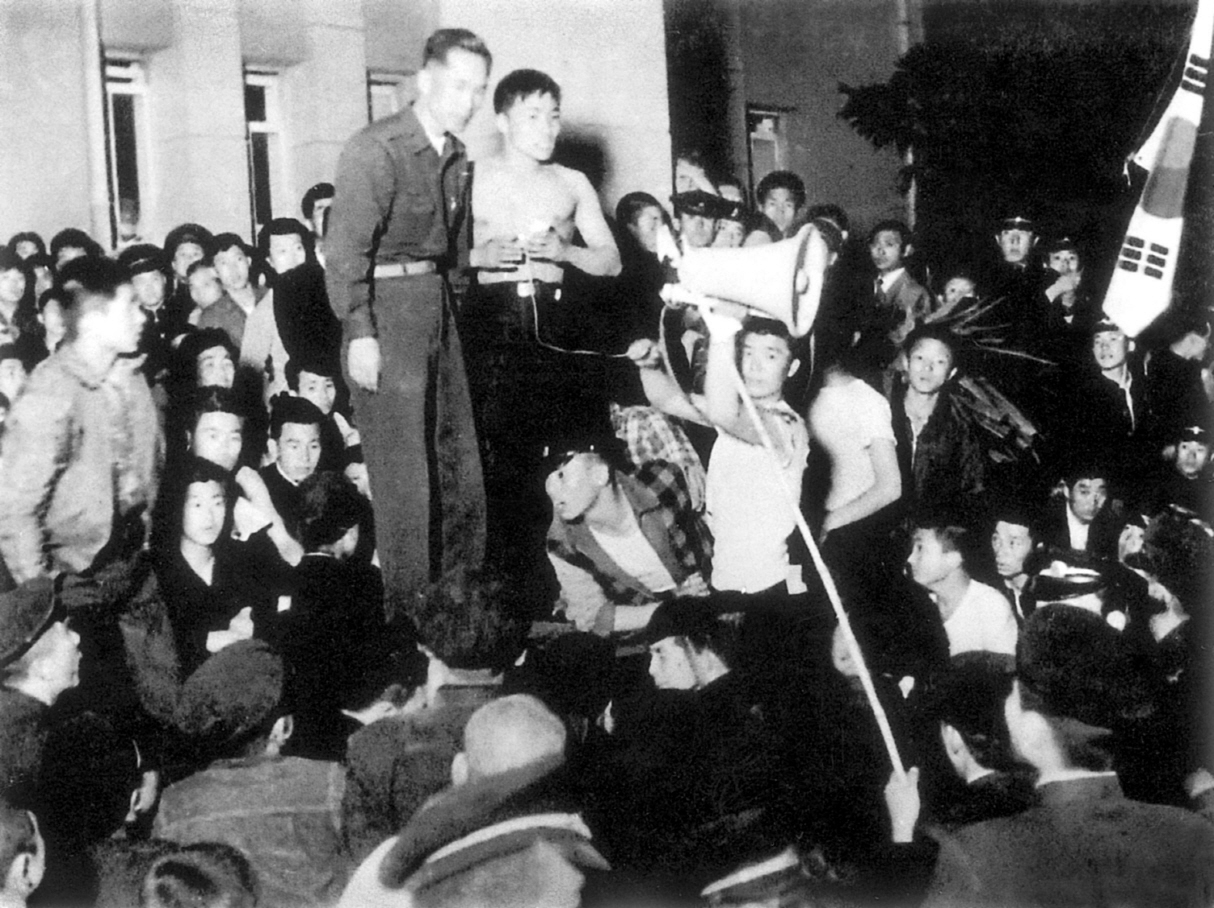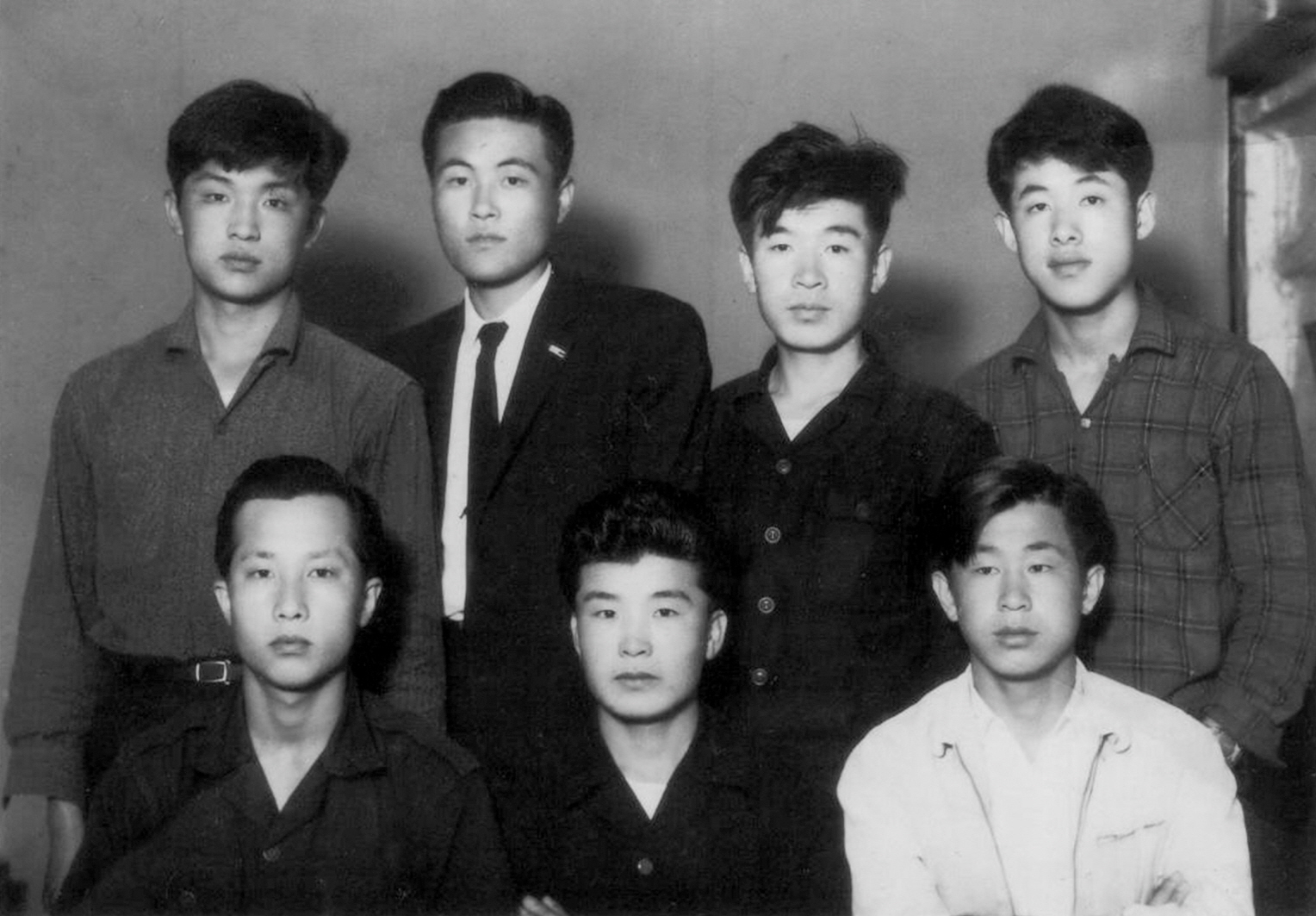Suppression of movement to find the truth about Jeju 4·3 recognized as violation of human rights by state
Truth and Reconciliation Commission uncovers truth about unlawful 1961 detention and coercive investigation of “Association for Jeju 4·3 Truth Discovery”
Yang Jeong Sim
Head of Investigation and Research Office, Jeju 4·3 Peace Foundation
The official decision has been made that the suppression of the movement to find out the truth about Jeju 4·3 was a violation of human rights by the state. On Feb. 7, 2023, South Korea’s Truth and Reconciliation Commission announced its decision on the investigation into the “suppression of the Association for the Bereaved Families of Massacred Victims after the May 16 coup.” The commission affirmed that the unlawful detention and coercive investigation of members of the Jeju 4·3 Truth Commission in 1961 were serious human rights violations by the state.

++Decision by the Truth and Reconciliation Commission on the uncovered truth.

++ In Gwandeokjeong Square, Jeju City, at 9 p.m. on April 26, 1960, the head of the Jeju Provincial Policy Agency talks to students at a rally to denounce the rigged election of March 15. Jeju National University students and local high school student council members are gathered, some in school uniforms. While being pushed and breaking free, some students had their uniforms pulled off. Ko Gong-yeong (a student in the Department of Commerce, Jeju National University) stands on the podium, having escorted the police chief to the podium, while Lee Moon-gyo (a second-year student in the Department of Law, Jeju National University) stands in the front with a speaker. He recalls that after his clothes were torn off, a female student kept them and brought them to him later. The national flag of the Republic of Korea is visible and the students are sitting around the area. The demonstrators packed the Gwandeokjeong Square and expanded to the nearby road. Other residents are said to have watched and to have applauded in encouragement. Lee Moon-gyo and Park Gyeong-gu, leaders of the demonstration, later formed the Association for Jeju 4·3 Truth Discovery but were quickly arrested on May 17, 1961, shortly after the May 16 military coup in 1961. They were imprisoned in Seodaemun Prison for six months and released on Nov. 13 of that year on probation.
The decision is an example of official recognition that a regime-inflicted suppression of attempts by civil society to reveal the truth, not only at the time of Jeju 4·3 but also after the incident, was misconduct of the state.
In June 2022, the Truth and Reconciliation Commission initiated, by virtue of its authority, the investigation into the “suppression of the Association for the Bereaved Families of Massacred Victims after the May 16 coup.” The investigation discovered the truth about 31 cases of suppression enforced nationwide by the military regime immediately after the May 16 coup broke out. As a result of the investigation, the commission decided to recognize Lee Moon-gyo, former president of the Jeju 4·3 Peace Foundation, as a person representing the truth about the case. In relation to the suppression of the Association for the Bereaved Families of Massacred Victims in the Jeju area, Lee suffered from being imprisoned in Seodaemun Prison for serving as a member of the Association for Jeju 4·3 Truth Discovery.
In 1960, the April Revolution (April 19) took place, followed by a nationwide movement to discover the truth about civilian massacres committed around the time of the Korean War. Families of victims formed the Association for the Bereaved Families of Massacred Victims, calling for restoring honor to the victims through government investigations about the truth. In line with the demand, the nation’s fourth National Assembly formed the Special Investigation Team on the Civilian Massacres on May 27, 1960. This aroused a public opinion in Jeju about the need to discover the truth about Jeju 4·3.
Shortly after the April Revolution, seven Jeju National University students (Ko Soon-hwa, Ko Si-hong, Chae Man-hwa, Yang Gi-hyeok, Park Gyeong-gu, Lee Moon-gyo, and Hwang Dae-jeong) formed the Association for Jeju 4·3 Truth Discovery to investigate the case. This is considered the first move toward the revelation of Jeju 4·3. The Association for Jeju 4·3 Truth Discovery issued a plea letter in The Jeju Shinbo, a local newspaper outlet. Despite so many conciliations and suppressions, its members conducted a fact-finding survey for the entire area of Jeju Island .
 ++ Seven members of the Association for Jeju 4·3 Truth Discovery. (Clockwise from the left of the back row) Ko Soon-hwa, Ko Si-hong, Chae Man-hwa, Yang Gi-hyeok, Park Gyeong-gu, Lee Moon-gyo, and Hwang Dae-jeong.
++ Seven members of the Association for Jeju 4·3 Truth Discovery. (Clockwise from the left of the back row) Ko Soon-hwa, Ko Si-hong, Chae Man-hwa, Yang Gi-hyeok, Park Gyeong-gu, Lee Moon-gyo, and Hwang Dae-jeong.
Immediately after the 1961 coup, however, the military-led Military Revolutionary Committee arrested, without a warrant, Lee Moon-gyo and Park Gyeong-gu, members of the Association for Jeju 4·3 Truth Discovery, and Shin Du-bang, the executive director of The Jeju Shinbo. Lee and Park were detained in Seodaemun Prison and subjected to coercive investigations and cruel acts, but were released without prosecution in November, six months after the beginning of the unlawful confinement.
According to the Truth and Reconciliation Commission, the government conducted “arrests without a warrant under the preliminary arrest policy” and “illegal interrogations involving torture and other cruel acts. In the decision, the commission also pointed out that the victims had subsequently been subject to “continuous surveillance and inspection,” all of which are serious violations of the constitutionally guaranteed rights to freedom, privacy, and pursuit of happiness. It also recommended that the state take appropriate actions to apologize for these acts and to exonerate the victims.
Lee Moon-gyo, former president of the Jeju 4·3 Peace Foundation, said, “As the Truth and Reconciliation’s decision focused on human rights violations, there might be a view that the decision does not recognize the suppression of the truth-finding movement itself as an instance of misconduct by the state.” However, he refuted that possibility by asking how the suppression of activists involved in the truth-finding movement could be distinguished from the suppression of the movement itself. “Admitting the wrongdoing committed by the state as is shown in its suppression of the truth-finding movement with regard to Jeju 4·3 conversely proves the legitimacy of the movement,” he stated.